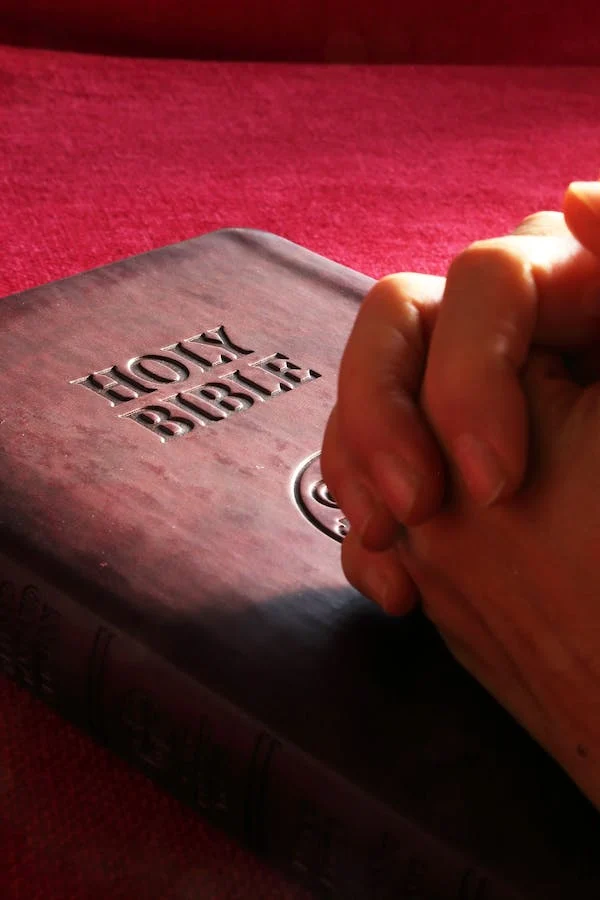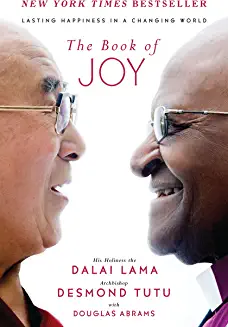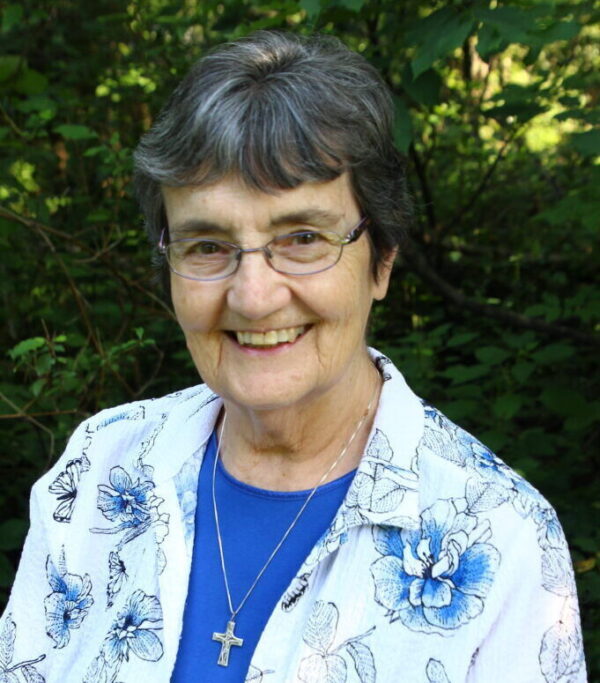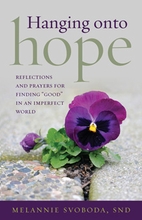As you may know, April is national poetry month. In honor of this month, I have selected three poems for you. The first is by one of our readers. The second is by a dear SND friend who passed away a few weeks ago. And the third poem is one of my own. I suggest you read all three poems slowly and aloud.

John Hopkins is familiar to many of you. He not only reads my blog faithfully, he also responds to it frequently. John is a high school English teacher from Massachusetts where he lives with his wife Kerry. They have three grown children. I have posted a couple of John’s poems on this blog in the past. This poem is from his newly published book, Celtic Nan, available on Amazon. John tells me the little girl who wrote the note in this poem is now 31 years old…
“Brid”
On a rainy May afternoon, under a prickly barberry,
the buried bird finally found its name.
For underneath the barberry, on a white piece of wet paper
resting on dark, damp pine mulch
were the words of children: “We love you Brid.”
All this remembrance and mourning,
all words and crayon hearts
were weighed down by half a brick, petals, and plenty of rain.
Killed a month ago by a cat, and then buried by a father,
Brid now flies only in the memory of the Watcher of fallen wings
and, of course, in the memory of children,
who suffer themselves to watch with Him.

*************************************************************

The Second poem is by Sister Alice Dugar, SND, who passed away on March 24. It is an “Ekphrastic poem,” that is, a poem inspired by a work of art. Alice reflected on a painting by Winslow Homer. It shows a farmer, recently returned from the war, cutting down a wheat field with a scythe. Here is Alice’s poem. It is untitled.
All day—the rhythmic sound of scythe approaches.
Life as we’ve known it—upright, rooted, sun-kissed to gold—
will soon be past, harvested to stubble.

And after that—what portends?
Can any promise of new life be ours?—No vision yet—
of life transformed
as flour,
as bread
as a child’s delight as she holds her mouth open
to receive the next jellied bite.

**************************************************************
Alice recently read my latest book of poems, Picking Strawberries. She marked a few of them that she particularly liked. Here is one she chose. It is based on Jesus’ parable of the treasure hidden in the field (Mt. 13:44). I think I know why Alice liked this poem: it describes how Alice lived her life: she bought the whole field…
“Buy the Whole Field”
First you must dig.
Then dig again. Don’t stop.
You might have to dig many holes.
Then deeper ones.
But when you hit the buried treasure,
You’ll know, you’ll know.
You’ll cry “Eureka!” or “Hallelujah!” or even “Yippee!”
But don’t stop there. Buy the field. The whole field
Not just the spot where the treasure is.
No, buy everything—the whole kit and caboodle!
The briar patch, the swales, the rocks,
the land where even a decent weed won’t grow.
You might look foolish to some, but you must buy it all,
for better or for worse.
Because that’s the way things work.
Invest everything. Don’t hold back.
You’ll see, you’ll see,
the treasure is worthy of all you have
and all you are!

I chose a poetic song by Carrie Newcomer called “The Only Way through Is in.” I dedicate this song to all who are in pain or who are experiencing debilitating illnesses of any kind… and to all those who love and care for them.
My congregation launched a new website on Monday, April 12. My blog is a part of that website. There are still a few glitches (like you didn’t get my blog early Monday, as usual.) We are still working on it. I thank you for your patience.
PS: April 15, 2021: you can now respond to my blog again! I’m eager to hear from you!







3 Responses
I really enjoyed John’s poem “Brid”. It reminds me of the many birds and pets we (along side our children) buried and held funerals for. Each one was marked for a time so that we would remember that are all precious in God’s eyes.
I finally REALLY understand the parable of the treasure in the field! Thank you!
such subtle and winsome glory in the poems, all of them